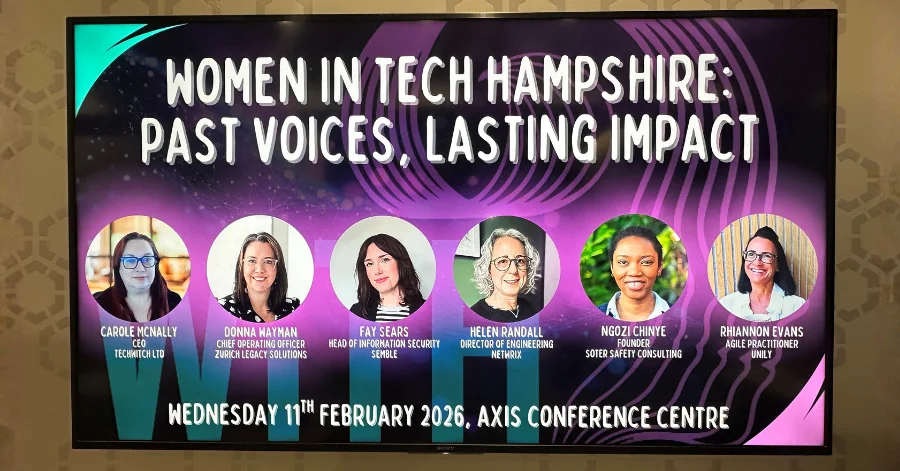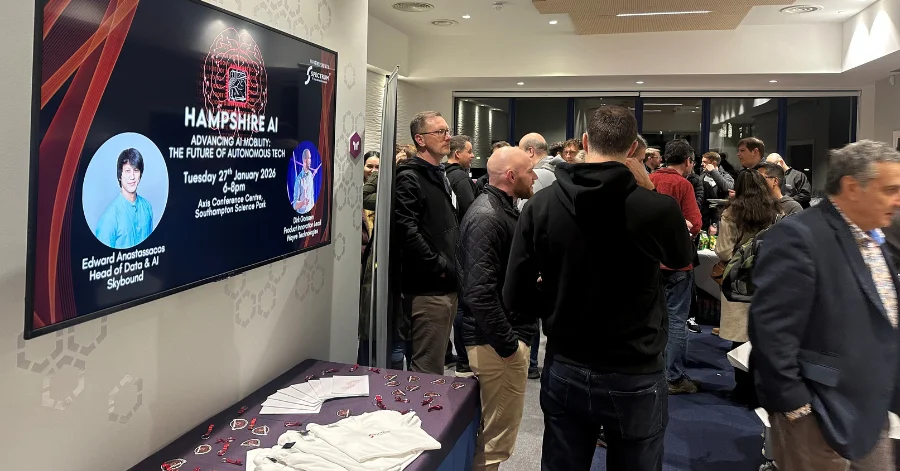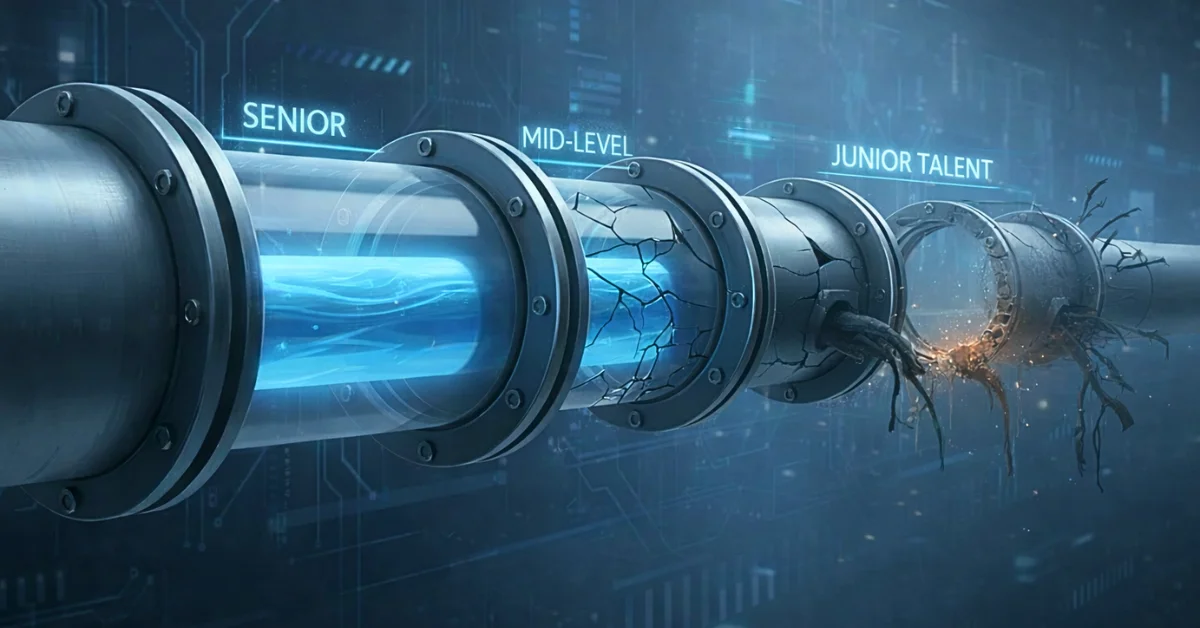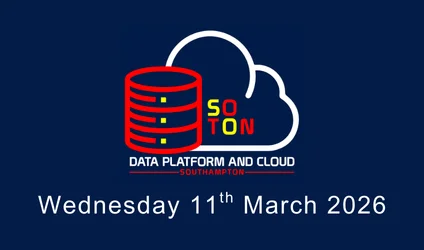
Women in Tech Hampshire is back for the new year, and we kicked off with an engaging and ins...

Women in Tech Hampshire is back for the new year, and we kicked off with an engaging and ins...

Understand IR35, and upcoming JSL and contractor law changes, and what they mean for your co...

Hampshire AI – Advancing AI Mobility: One Year of Conversation, Trust and Autonomy&nbs...

What 2025 salary trends mean for hiring decisions in 2026 Tech salary trends have chang...

What 2025’s tech hiring trends mean for you Tech hiring changed significantly during 20...

What 2025 told us about the tech hiring marketAs 2025 came to a close, the UK tech hiring ma...

While overall demand for tech talent remains high, there’s one area that’s rapid...

Go behind the scenes of a real-world GenAI deployment as this session explores the challenge...